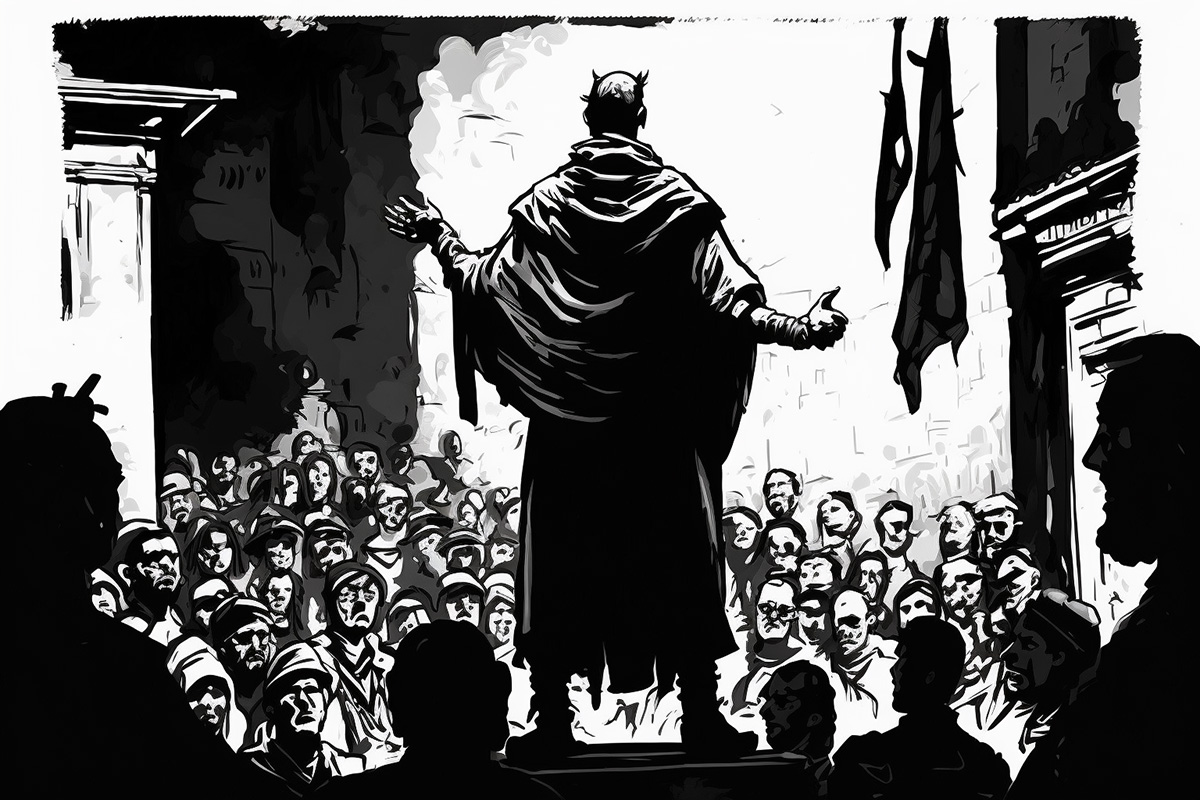Roleplaying lays at the heart of the Dungeons & Dragons experience, even those (like me) that enjoy rolling fistfuls of damage dice, it’s only given life with the story around it. One thing I have learned is that even seemingly banal encounters can turn bad through simple bad luck.
The ability to convincingly impersonate others, mimic voices, and quickly memorise lines can be invaluable in so many situations, from infiltrating enemy strongholds to gathering information from unsuspecting targets, it’s a great addition for characters I want to live long, hopefully-not-maimed lives.
Table of Contents
What does the Actor feat do?
The Actor feat provides an ability score increase and three other distinct benefits, each of which enhances a character’s ability to deceive and perform:
Increase your Charisma score by 1: To a maximum of 20.
Advantage on Deception and Performance checks: Grants advantage on Charisma (Deception) and Charisma (Performance) checks when attempting to pass oneself off as a different person. This bonus significantly increases the likelihood of success in situations where impersonation, disguise, or misdirection is crucial.
Mimicry of voices and sounds: Enables characters to mimic the speech of another person or the sounds made by other creatures. A successful Wisdom (Insight) check contested by the character’s Charisma (Deception) check is required for a listener to discern that the impersonation is not genuine. This ability opens up a world of possibilities for trickery, manipulation, and espionage.
Learning a script or speech in a short period of time: The ability to learn and recite lines or speeches after hearing them only once. Characters with this feat can memorise up to 10 minutes of speech, which they can then recite verbatim. This can be an invaluable skill for infiltrating enemy organisations, impersonating high-ranking officials, or simply delivering a convincing performance on stage.
What are the prerequisites of the Actor feat?
To be able to take the Actor feat, a character must have a Charisma score of 13 or higher. A high Charisma score is essential for characters who rely on their social skills and ability to manipulate others, making it a natural requirement for a feat focused on deception and performance.
Is the Actor Feat Worth It?
Benefits and drawbacks of the Actor feat
The Actor feat can be particularly effective for certain character builds, such as bards, rogues, and warlocks, who often rely on their Charisma and social skills. In campaigns that involve intrigue, politics, and social interactions, such as the Waterdeep Dragon Heist, the Actor feat can be a valuable asset, enabling characters to navigate complex situations and manipulate others with ease.
One important thing to keep in mind is that choosing this feat will likely make you “the voice” of the party, which is something to carefully consider. One of the least popular classes in DnD is the Bard, simply because many players don’t want to be stuck in that role.
If you’re playing a campaign such as The Sunless Citadel that focuses heavily on combat and dungeon-crawling, there may be minimal roleplaying opportunities, so the Actor feat may not provide as much value.
Comparing the Actor feat to other Charisma-based feats
When deciding whether to take the Actor feat, it’s also important to compare it to other Charisma-based feats available in DnD 5e. Some popular alternatives include Inspiring Leader, which provides temporary hit points to allies, and Skilled, which grants proficiency in any combination of three skills or tools. Each feat offers different benefits, so players should carefully consider which one aligns best with their character concept and the campaign’s focus.
Ultimately, whether the Actor feat is worth it depends on the individual player, their character concept, and the campaign’s focus. If a player enjoys roleplaying and wants to invest in their character’s ability to deceive and perform, the Actor feat can be a rewarding and enjoyable choice.
How to make the most of the Actor feat
Lights, swords, action! You’ve decided to treat yourself to the Actor feat – but unlike many other feats that may work passively, you’re going to have to work to get the most out of this feat.

Tips and strategies for utilising the Actor feat effectively in gameplay
To make the most of the Actor feat, players should be proactive in seeking opportunities to leverage their deception and performance abilities. Some strategies include:
- Use disguises and impersonations to infiltrate enemy organisations or gain access to restricted areas.
- Mimic the voice of an enemy leader to issue false orders or create confusion among their ranks.
- Learn key speeches or codes to gain the trust of specific groups or individuals.
- Employ deceptive tactics to redirect suspicion, allowing party members to achieve their objectives.
Combining the Actor feat with other feats, skills, and class features
The Actor feat can be even more effective when combined with other feats, skills, and class features. Some synergistic options include:
- Expertise (Rogue or Bard feature): Doubling your proficiency bonus for Deception and Performance checks will make your character even more convincing.
- Disguise Self spell or Disguise Kit proficiency: Enhance your impersonations by complementing your vocal mimicry with a physical disguise.
- The Observant feat: Increase your passive Wisdom (Insight) score, making it easier for you to discern useful information and replicate the mannerisms of those you’re impersonating.
Roleplaying and storytelling with the Actor feat
The Actor feat gives a huge amount of scope to spice up a character’s backstory and motivations. Collaborating with your Dungeon Master will give them more options to weave your character’s acting abilities into the campaign narrative which can lead to some great experiences!
Some storytelling ideas include:
- A character with a hidden past, using their acting skills to maintain a new identity and evade their enemies.
- An undercover operative working for a secretive organisation, tasked with gathering intelligence and manipulating key individuals.
- A performer with a hidden agenda, using their acting skills to influence powerful figures or incite rebellion.
Example character builds using the Actor feat
The Silver-Tongued Spy
A rogue with expertise in Deception and Performance, this character utilises the Actor feat to infiltrate enemy organisations, gather vital intelligence, and sow chaos among their foes. Equipped with a wide array of disguises and a talent for mimicry, they can assume countless identities, leaving behind a trail of confusion and misdirection.
The Enchanting Bard
A bard who embraces the Actor feat, this character is a master of charm, performance, and persuasion. They use their skills to captivate audiences, control the narrative, and bend others to their will. With a flair for the dramatic and an uncanny ability to mimic voices, they can effortlessly impersonate powerful figures or weave elaborate tales to achieve their goals.
The Warlock Diplomat
A warlock with the Actor feat, this character serves as a diplomat and negotiator for their patron. Skilled in the art of deception, they can assume various personas, blending into different cultures and societies with ease. Their talent for mimicry and performance allows them to manipulate others, forge alliances, and navigate complex political situations on behalf of their otherworldly master.
Roleplaying inside your roleplaying
Variety is not only the spice of life, but the foundation for a successful DnD party. Without an ally that is particularly skilled with negotiation, deception and general tongue flappery, it’s likely most of your encounters will end in either combat, fleeing and/or death.
The impact of leaning into roleplaying and having a very persuasive character is sometimes overlooked by newer players as they come to realise that you really can “do anything”! Being powerful in combat is really fun – but having allies at your disposal, vast political power and machinations of your own working behind the scenes? That is great.
